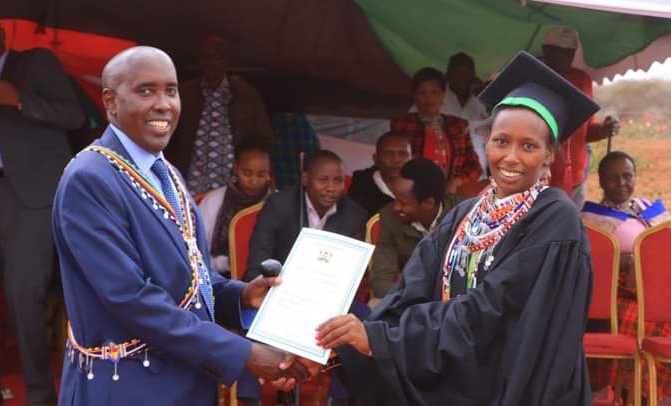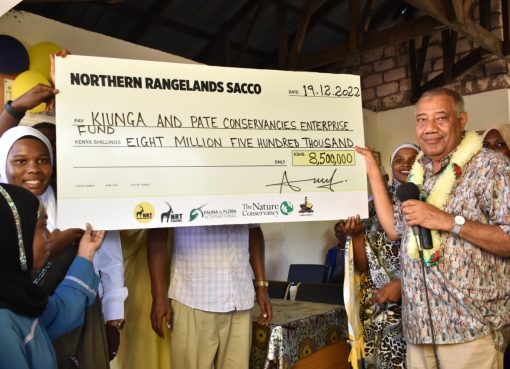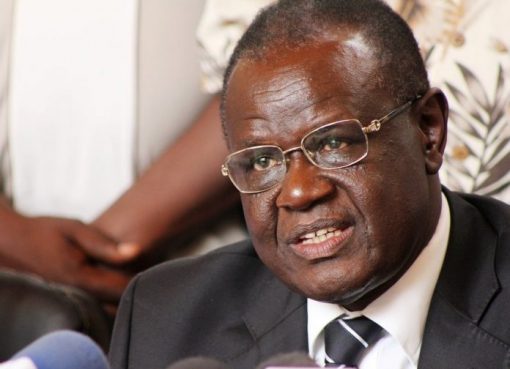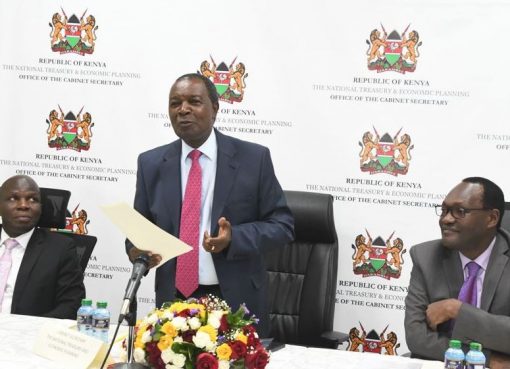Cultural practices such as Female Genital Mutilation (FGM), early marriages and moranism have contributed to the high illiteracy levels among pastoralist communities.
The nomadic lifestyle of pastoral communities has also contributed to the high illiteracy levels as a result of school drop outs.
According to Daniel Kurau, AMREF Health Africa Program Manager, a huge number of the adult population among the pastoral communities is illiterate as a result of their lifestyles.
“We still have a huge number of uneducated adults in the society. Pastoral communities mainly in Arid and Semi-Arid areas are mostly disadvantaged due to cultural practices and their nomadic lifestyle,” said Karau.
Speaking in Maili Tisa, Kajiado Central during an event to mark the International Literacy Day, Karau noted the need to promote education among the community adding that lack of basic literacy deprives people access to decent jobs and full participation in their communities.
On his part, Kajiado County Director for Adult and Continuing Education Mercy Njiriri reiterated Karau’s sentiments adding that the cultural practices and beliefs are deeply rooted in the society and this poses as a hindrance in promoting education.
Njiriri emphasized that the only way one could empower themselves economically and socially was through education and urged uneducated residents to enroll for Adult and Continuing education classes.
The officer further urged the locals to stop practicing outdated cultures such as FGM and early marriages and embrace change so as not to be left behind in terms of education and development.
Governor Joseph Ole Lenku who graced the event, noted that a huge number of elderly people from the Maasai community did not have a chance to attain education during their formative years.
“As the Maa community, one of our greatest challenge has been education. We have been left behind because we did not embrace western education and stuck to our culture. We now have a chance to rectify this through enrolling for Adult and Continuing education so as to gain basic literacy,” said the Governor.
He said adult education would help promote literacy among the older generation and urged them to enroll for classes so as to fight illiteracy and pledged his government’s support towards the adult education program.
During the event, over 100 adult learners from different adult and continuing education facilities in the county graduated and were awarded with certificates. One of the graduands Samuel Malei, a 40 year old father of six, said he did not have a chance to attend education as a child as his parents did not know the importance of education.
Malei said he was motivated to go back to school as he wanted to know how to read and write so that he can assist his children with their homework and also read the Bible for himself. He noted that studying as an adult has not been easy as he had to juggle between going to class and providing for his family but his determination made him succeed.
“I decided to enroll for adult classes so that I can know how to read and write. It has not been an easy journey but I am happy I did it and I hope to continue up to the university level,” said Malei.
Another graduate Kilena Ndegema, a resident of Namanga, said she was forced to drop out of school in Standard 7 after her parents married her off.
“I dropped out of school in standard 7 after my parents married me off. I am now a mother with two children in high school but this did not stop my hunger for education, that’s why I decided to go back to school,” she said.
Ndegema said her thirst for education made her enroll for the adult education program twenty years later as she wanted to get a Primary Education certificate. She added that she would like to enroll for secondary education but the biggest challenge was availability of adult secondary schools in her area.
The mother of four called on education stakeholders to build more adult education classes and employ teachers as there is a huge number of uneducated adults who would like to go back to school.
“There are very few adult education classes here in Kajiado despite the high number of illiterate adults who would wish to go back to school to complete their education. We only have one class in Mail Tisa and a volunteer teacher if more classes are built and teachers employed then it will boost the literacy levels,” she said.
The International Literacy Day celebrated annually on September 8 aims to remind the society of the importance of literacy as a matter of dignity and human rights.
This year’s theme ‘Transforming literacy learning spaces’ highlights the need for steps and efforts to help create literate societies and provides an opportunity for stakeholders to highlight improvements in world literacy rates reflecting on challenges faced.
By Rop Janet





